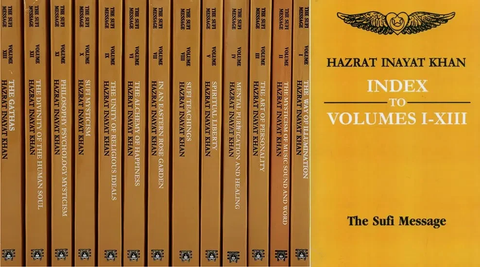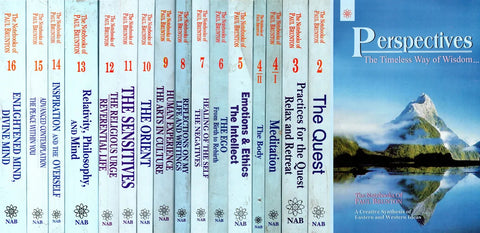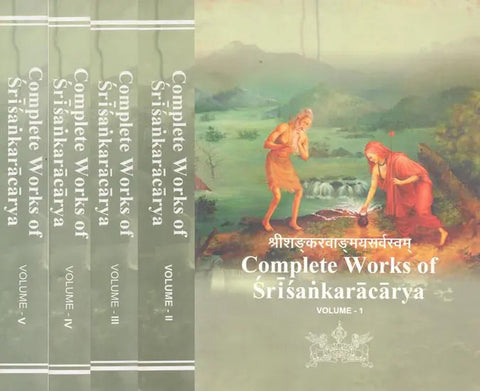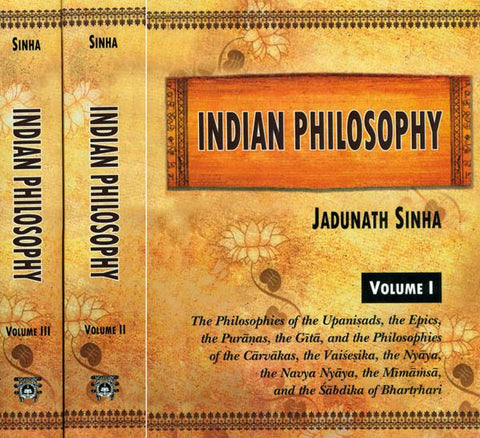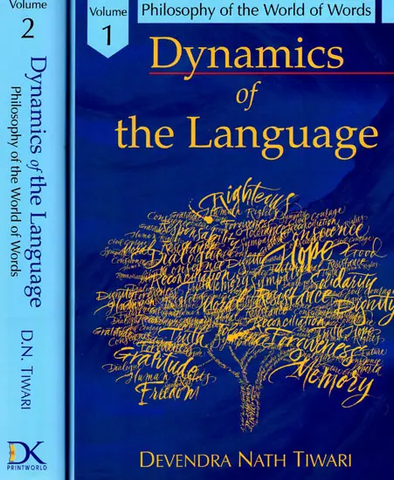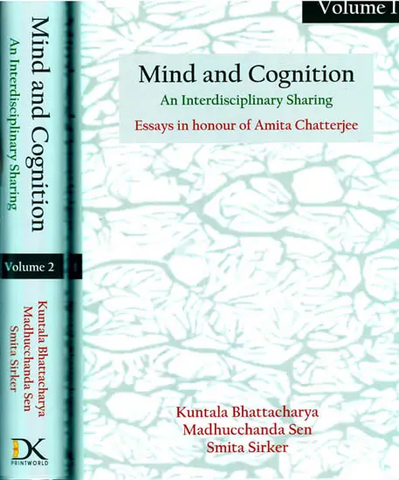Your cart is empty now.
He submitted to the music, yielded to the dictation of a song, listening with rapt attention Became, like his lyre, its instrument.
Czeslaw Milosz, "Orpheus and Eurydice"
It was the late Ewert Cousins, one of the pioneers of interfaith dialogue in the twentieth century, who as early 1992 in his book Christ of the 21st Century formulated the thesis that we are at the dawn of the Second Axial Age, and that Raimondi Panikkar is one of its paradigmatic and pioneering thinkers. The notion of the First Axial Age was put forward by Karl Jaspers in The Origin and Goal of History, the idea of an axial period pointing to one of the fault lines of history. Referring to and describing the period from roughly 800 to 200 bce, Jaspers pointed to the distinctive and formative religions and the associated forms of consciousness that came into being at this time-from Zoroaster in Persia, Vedic Hinduism, Buddhism, and Jainism in India, the Hebrew prophets, particularly Isaiah, Amos, and Jeremiah in Israel, the rise of the Socratic-Platonic-Aristotelian phase of Greek philosophy in Athens, and finally the emergence of the great teachers of the Chinese tradition, Laotze, Confucius, and Mencius, the canonical figures of Chinese philosophy. Jaspers's thesis was that this period not only marked a dividing line in terms of the growth and development of human consciousness but also shaped it for the next two and a half millennia.
The distinctive mark of First Axial Age consciousness was that it was personal, self-reflective, and inner-directed in contrast to the mythic, ritualistic, tribal, and collective forms of consciousness in the pre-Axial period. Whether one refers to the Delphic injunction to "Know thyself."
A. Locus Philosophicus
In honor for me to deliver these most prestigious lectures. All the more an since these are to be the centennial lectures. I am standing on a podium from which, for an entire century, many great scholars have spoken. I am aware of my responsibility. I happen to be the first catalan, the first spaniard, the first Indian, and, with one recent exception from the Middle East, the first Asian. I feel I should try to convey something of the wisdom of all those countries and continents.
It is hardly necessary to begin these lectures by analysing the approximately 150 courses given on the fate of Lord Gifford's notion of "Natural Theology" over the intervening hundred years. It is enough to recall the fundamental changes in western society from the end of the last century to the infancy of the new millennium. Today's concerns may still echo many of the old disputes about "reason and faith," "natural and Christian theology," "the rational foundations of morality," "modern science and religion," and the like, but the fundamental problematic has changed.
The world itself has changed. Much has happened in this century, much that is new: two World Wars and over a hundred major armed conflicts since 1945 have ravaged the earth, colonial empires have disappeared, technocracy has spread over the entire planet, religious traditions have mingled, whole peoples have been uprooted, mentalities have changed. All this has brought us to the brink of a mutation much deeper than a merely cultural reorientation and much more than a mere change in our feelings about the world. Could it be that reality itself is shifting profoundly, and that we are changing with it? A "paradigm shift" will not be adequate to understand this. We require a transformation, a meta-nota in the literal sense of overcoming the nous.
Such a change comes about not because new things appear in the panorama, but because the panorama itself has been transformed. Detecting such a shift may well correspond to the deepest concern of Lord Gifford, who encouraged us to tackle reality itself with assumptions different from those customarily employed by the representatives of the church and academy of his time.
No less a genius than William James began his Gifford Lectures in 1901 by admitting: "It is with no small amount of trepidation that I take my place behind this desk, and face this learned audience." I spare you a description of my own feelings, but I am reminded of Chuang Tzu's saying: "The restful mind of the sage becomes the mirror of the universe.
Delivery and Shipping Policy
- INTERNATIONAL SHIPPING
- Rs.1000-1100/kg
- ESTD. Delivery Time: 2-3 weeks (depending on location)
- Bubble Wrapped with Extra Padding
- NATIONAL SHIPPING
- NCR: Rs. 30/half kg
- Standard: Rs. 80/half kg
- Express shipments also available on Request
- ESTD. Delivery Time: Ranging from 1-4 days up to 7 business days (Depending on your choice of Delivery)
- TRACKING
- All orders; national or international, will be provided with a Tracking ID to check the status of their respective orders
- Depending on the Shipping Service, Tracking ID may be used on their respective tracking portals
Frequently Asked Questions (FAQs)
Domestic Shipping: 3-4 Days (after shipping)
International Shipping: 1-2 weeks (based on your location)
You will receive an email once your order has been shipped or you can email us if you didn't receive tracking details (info@mlbd.co.in)
Every book that we sell is the latest edition except all the rare books
Yes, we do provide free shipping, only on domestic orders (within India) above Rs.1500









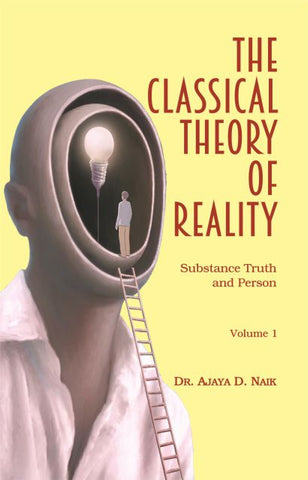
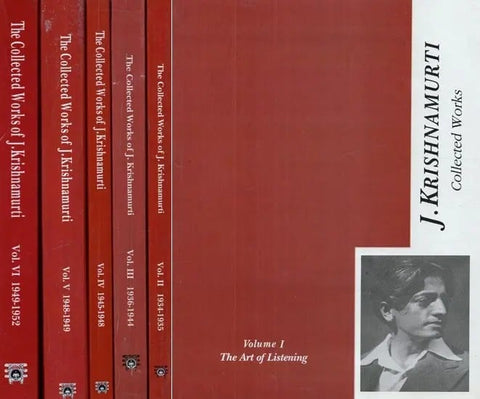

![A HISTORY OF INDIAN PHILOSOPHY [5 VOLUMES] by Surendranath Dasgupta](http://www.motilalbanarsidass.com/cdn/shop/products/HISTORYOFINDIANPHILOSOPHY_large.jpg?v=1675238163)
